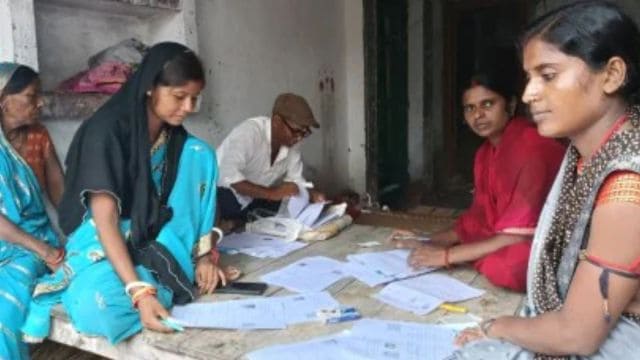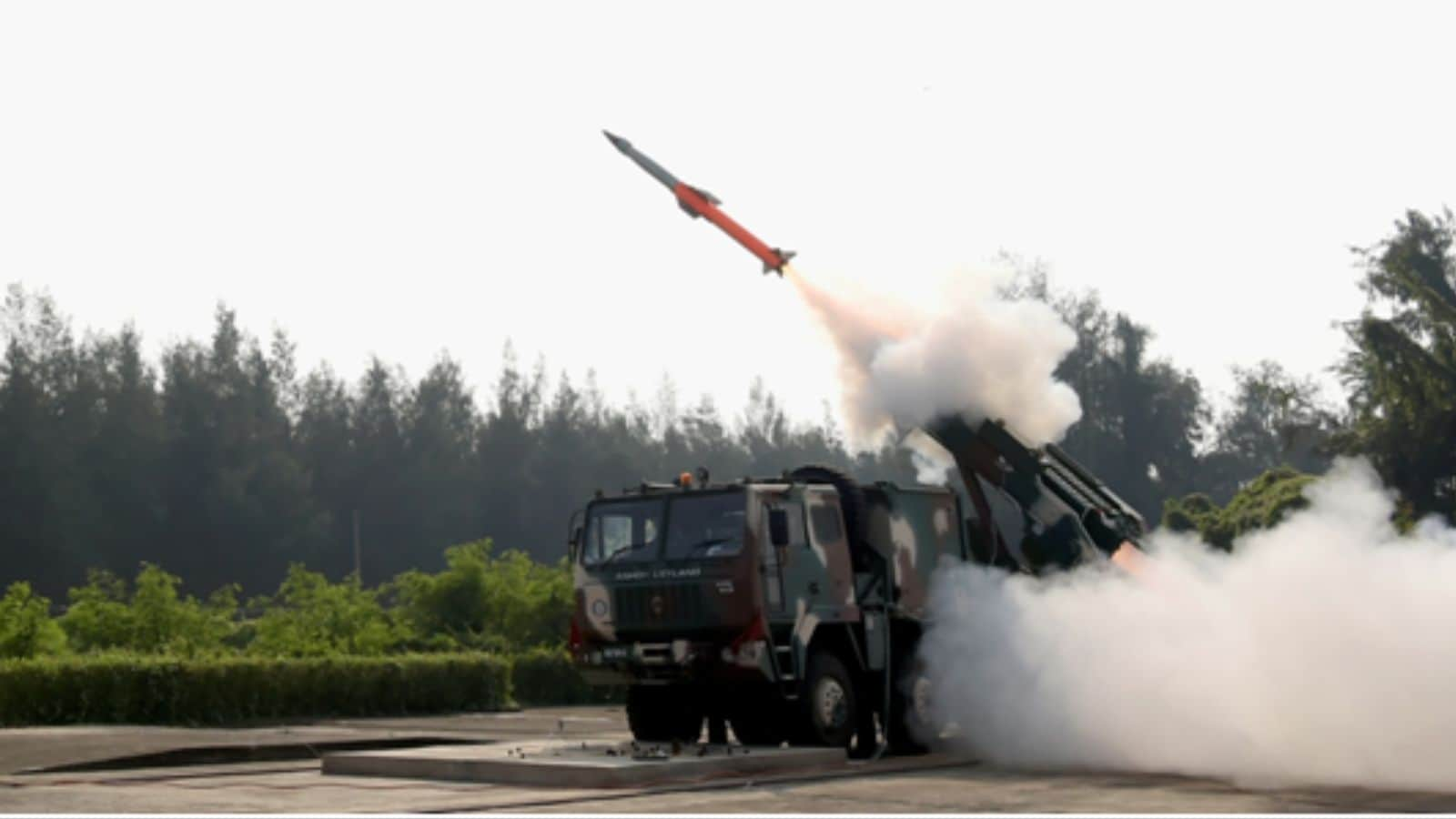ARTICLE AD BOX
 The electoral body informed that the Chief Electoral Officer (CEO) of Bihar and all 243 electoral registration officers (EROs) are now inviting claims and objections from electors and political parties between August 1 and September 1. (File photo)
The electoral body informed that the Chief Electoral Officer (CEO) of Bihar and all 243 electoral registration officers (EROs) are now inviting claims and objections from electors and political parties between August 1 and September 1. (File photo)
The draft electoral rolls of Bihar, compiled as part of the ongoing Special Intensive Revision (SIR) exercise, were published on Friday, the Election Commission announced, adding that the lists are now available for download on the Commission’s portal and are being distributed in both physical and digital formats to all recognised political parties across the state’s 38 districts.
The electoral body informed that the Chief Electoral Officer (CEO) of Bihar and all 243 electoral registration officers (EROs) are now inviting claims and objections from electors and political parties between August 1 and September 1.
“Any elector of the Assembly Constituency or any recognised political party may submit claims to include missing eligible electors, remove ineligible names, or correct any inaccuracies in the draft rolls,” the official explained.
Throughout the one-month claims period, electors and political parties can file the relevant forms with the EROs. The process will be overseen by 243 EROs and 2,976 assistant electoral registration officers (AEROs) stationed across the state.
The Commission clarified that under SIR guidelines, “no name can be deleted” from the published draft rolls without due notice and a speaking order from the ERO or AERO concerned. “If an elector is dissatisfied with an ERO’s decision, they may appeal to the District Magistrate or the Chief Electoral Officer,” the official said. Volunteers have also been trained to assist citizens in filing such appeals.
The Commission further stated that the published draft rolls include all eligible voters who submitted their enumeration forms. Lists of deceased voters, those who migrated, and individuals who could not be traced have already been shared with all 12 recognised political parties for review.
Officials said that during the enumeration process, approximately 22 lakh deceased electors, 7 lakh duplicate entries, and 35 lakh voters who have either migrated permanently or were untraceable were identified.
Story continues below this ad
“The SIR exercise aims to produce an accurate and up-to-date electoral roll ahead of the upcoming elections, and final rolls will be published after review of all submissions,” an official said.



.png)
.png)
.png)

























 English (US) ·
English (US) ·